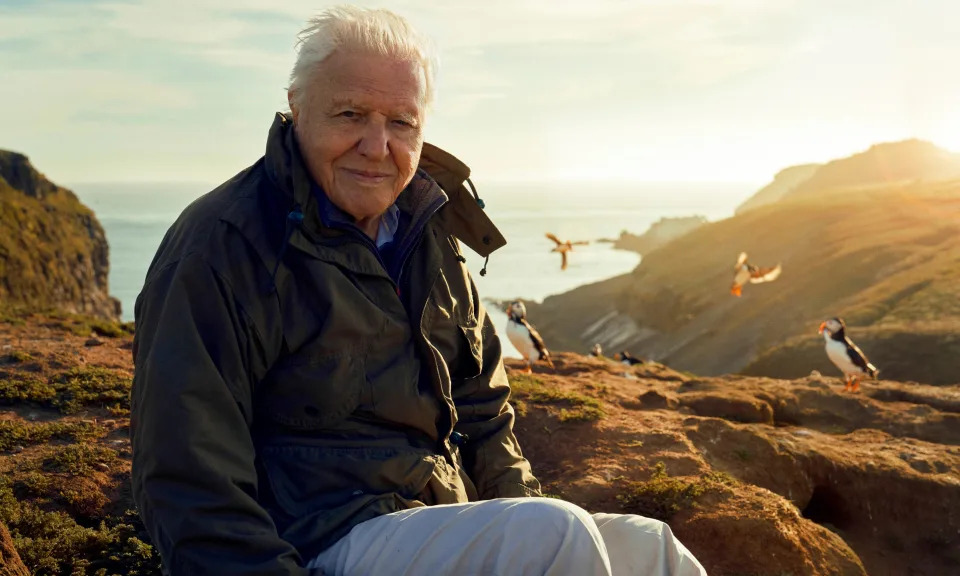Alia Shoaib
Fri, March 10, 2023

The orca female and pilot whale calf.
A female orca appeared to adopt a baby pilot whale in the first known case of its kind.
Scientists observed the orca caring for the calf in western Iceland in 2021, a new study says.
The study noted that the orca had never had a calf of her own.
A female orca appeared to have adopted or abducted a baby pilot whale in the first known case of its kind, scientists say.
The orca, known as "Sædís," was first observed swimming with the pilot whale calf in August 2021 in the Atlantic Ocean near western Iceland.
Scientists observed that Sædís was not simply accompanying the calf but was actively caring for it.
Two other orcas, likely from Sædís' pod, were also present, but no other pilot whales were seen – which is unusual because pilot whales also travel in pods.
This marks the first scientific documentation of orcas nurturing and tending to a long-finned pilot whale calf.
The findings recently published in the Canadian Journal of Zoology document the orca's maternal care for a pilot whale calf and suggest that the relationship between the two species is more complex than previously thought.
Marie Mrusczok, the lead author, told Newsweek that there were clear signs the orca was looking after the calf.
"The orca was swimming with the pilot whale calf in the echelon position, which means the calf was swimming right behind the pectoral fin of the orca," she said.
"The echelon position allows a calf to make fewer tail fluke movements than when swimming on its own and overcome physical limitations during high-speed travel — in other words, the calf is 'carried' by the pressure wave created by the adult's larger body."
However, Elizabeth Zwamborn, an academic on the research team, told the Canadian Broadcasting Corporation's Maritime Noon show that it was unclear whether it was an altruistic adoption.
She said the relationship could be interpreted as a "lovely warm adoption story" or a case of killer whale abduction.

The female orca and pilot whale calf.orcaguardians.org
"But there's also a decent chance that she actually abducted this calf from a group of pilot whales. Off Iceland, there's been quite the interaction between both species, and oftentimes pilot whales are seen chasing the killer whales," she said.
"We don't know the reasons for it, but if there's a chance that there might be a female orca here and there that tries to take a calf from the pilot whales, that would certainly give them reason to chase."
The study noted that Sædís had never had a calf of her own, so it is possible she took in the pilot whale calf as a substitute.
Zwamborn said that the calf appeared to be emaciated and seemed to have not been fed recently, which would make sense as the female orca would probably not be able to nurse, having not birthed her own calves.
Both orcas and pilot whales have similarly close-knit family structures in the wild, which could explain the relationship.
About a year later, Sædís was observed with a group of long-finned pilot whales, but the calf was not present. Further encounters between Sædís' and the pilot whale pod indicated a deliberate attempt to acquire a new calf, the findings said.
Zwamborn told CBC that Sædís' observed interactions with pilot whales appeared to be unique and that she could have been attempting to abduct another calf.











